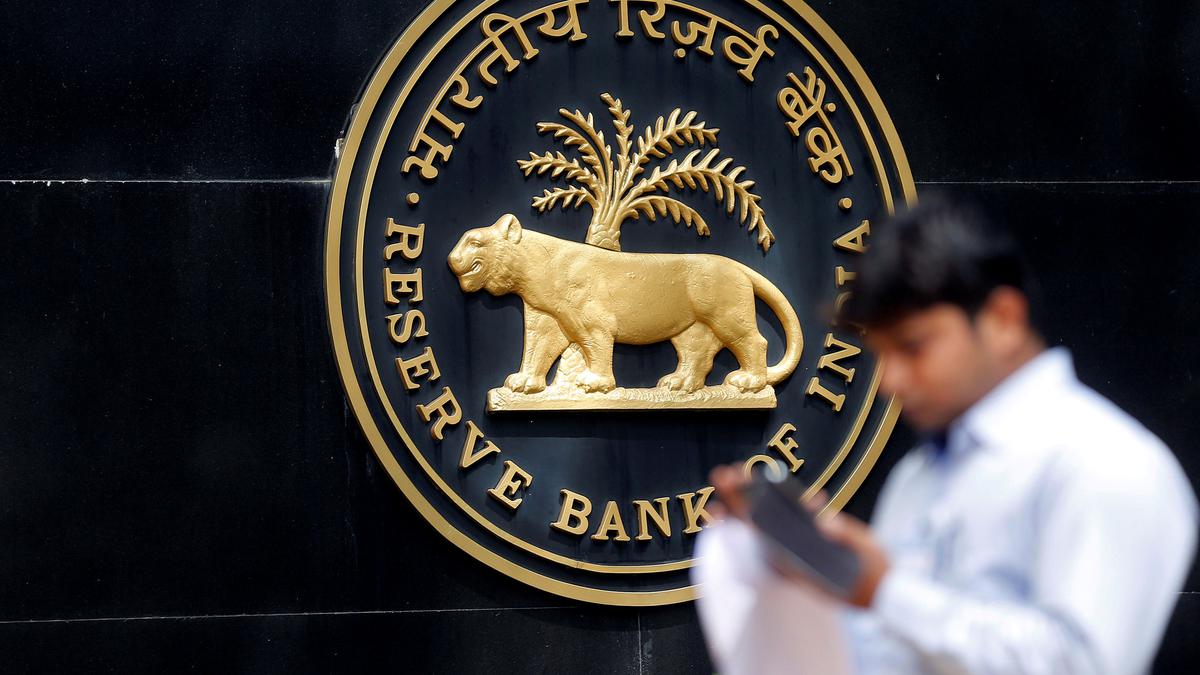Explained | Why are financial regulators transitioning from LIBOR?
Cabinet nod for ₹1.08 lakh crore kharif fertilizer subsidy
May 18, 2023What are RBI regulations on green deposits?
May 19, 2023
On May 12, the RBI stated that some banks and financial institutions were yet to facilitate an absolute transition away from the London Interbank Offered Rate (LIBOR) benchmark. They had not inserted fallback clauses into all their financial contracts that reference U.S.$ LIBOR or the corresponding domestic Mumbai Interbank Forward Outright Rate (MIFOR). Both LIBOR and MIFOR would cease to be a representative benchmark from June 30 this year. The regulator urged the entities to incorporate the clauses to avert any “last-minute rush to insert fallbacks”.
LIBOR is a global benchmark interest rate that combines individual rates at which banks opine they may borrow from each other (for a particular period of time) at the London interbank market. It is used as a benchmark to settle trades in futures, options, swaps and other derivative financial instruments in over-the-counter markets (participants engaging directly without using an exchange) and on exchanges globally. Further, consumer lending products including mortgages, credit cards and student loans, among others, too use it as a benchmark rate.
